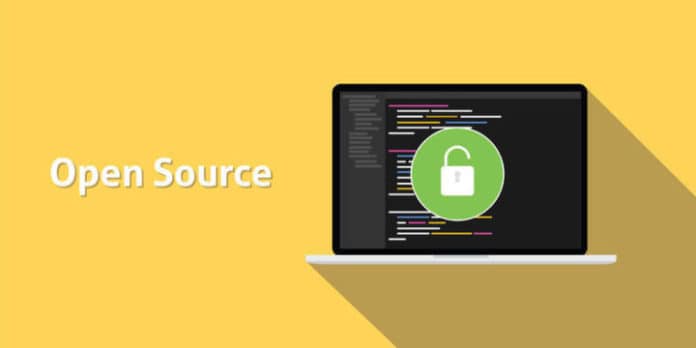According to Nikolay Nikitin, the head of research and technological development at the Research Center, the initiative will provide an opportunity to improve both hard and soft skills by working on practical projects as a member of varied research teams.
An open source mentorship programme has been developed by ITMO’s Research Center “Strong AI in Industry” that will enable students to work at the university and assist research groups in creating open-source frameworks and libraries. Discover the benefits of the programme by reading on.
At ITMO, open source libraries are created by more than just software developers; mathematicians, physicists, biologists, chemists, and other researchers also use these tools in their studies. However, companies frequently require the help of qualified software engineers for these tasks. The university also trains IT students who will undoubtedly benefit from hands-on experience while they are at ITMO; for example, they can do this by participating in projects created by the institution’s labs.
The School of Translational Information Technologies and Research Center “Strong AI in Industry” at ITMO made the decision to accommodate both students and researchers in their new facility.
“On the one hand, we have researchers developing open source products for their grants and projects who often need professional assistance; on the other, we have ITMO students who want to contribute to such open source projects. In this program, we bring the two together: participating students will become mentors for developers of open source AI libraries,” states head of the program Nikolay Nikitin, the head of research and technological development at the Research Center “Strong AI in Industry.”
Additionally, mentors will be paid a salary of between 20,000 and 30,000 rubles per month as an official university employee. Students in their third and fourth years of undergraduate study, as well as those pursuing master’s degrees and doctoral degrees, are eligible to participate, provided they have the necessary training and expertise in Python software development. Additionally, prospective mentors must be skilled in software engineering, including the ability to create documentation and autotests and a working knowledge of the Gitflow technique.
The program has already begun and will last until June 2023, making it possible for developers and academics working on multiple open-source projects to collaborate effectively. One of the teams’ successful solutions is FEDOT, a framework that enables users to build and improve machine learning pipelines for a variety of applications, including flood prediction. Students who are interested can join this team as well as others that are creating practical open source solutions.
Mentors support teams with automatic code validation, give methodological advice on projects and their open source delivery, consult researchers on architectural and structural patterns, and consult on code restructuring in addition to completing code reviews.









































































